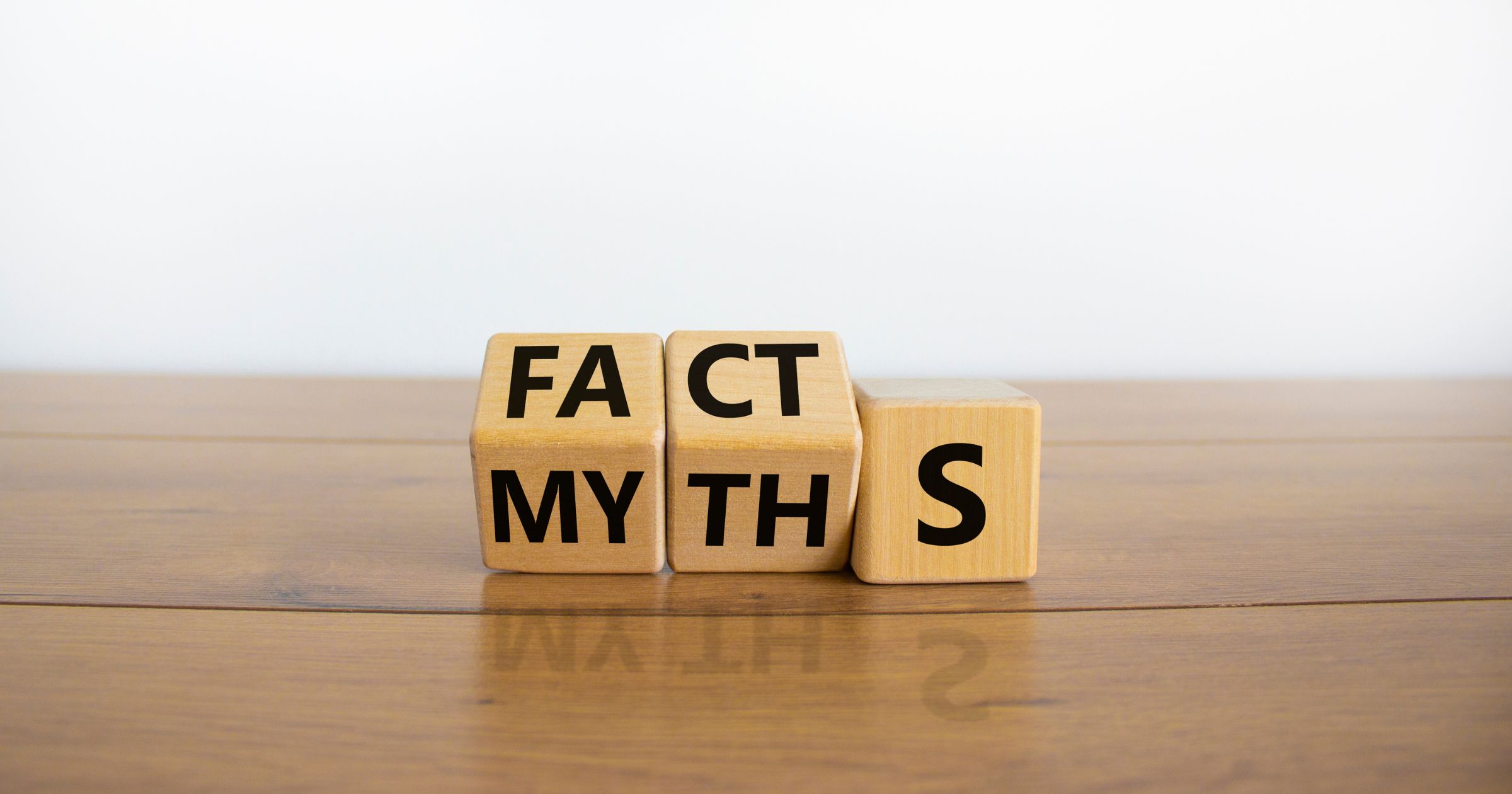
What a Trip! Spotlight on Psychedelic Retreats
As the concept of self-care continues to grow and evolve, perceptions of what this ubiquitous phrase means are also changing.
And, as with just about everything, are different for each individual.
Self-care could be combining a bubble bath and a clay face mask on a Saturday night or going on a weeklong yoga and meditation getaway in an exotic location. It could be setting healthy boundaries with friends and family or taking a step back from a stressful job.
Or it could be embarking on a psychedelic retreat—an emerging category in wellness tourism.
Though what goes on at such an event may vary, they key component is chaperoned consumption of hallucinogens: a class of drugs having some form of psychoactive agent that could cause physical, mental, visual and aural sensations. Subjective or objective, these sensations could affect thought and emotion, spark inward reflection, or heighten creativity.
The most common psychedelics taken in these instances are psilocybin or "magic" mushrooms, LSD, peyote and Ayahuasca. Some are plant based; others are human made.
Used for centuries for numerous purposes, ranging from religious ceremonies to recreation, more recently psychedelics and hallucinogens like these are being considered for therapeutic use. Some may seek them out for treatment of mental health issues, while others are interested in exploring an altered consciousness away from daily pressures.
Enter the retreat: often led by an experienced facilitator, shaman, or "tripsitter," staffed with a medical team, and set in a safe, comfortable location where guests could experiment with mind- and body-altering substances. The atmosphere could be spa-like or more nature-oriented, and a bent toward spirituality and introspection is common. Coaching and counseling sessions could also be part of the offering, with the goal of working though pre-, mid-, and post-trip findings.
Sounds great! But, wait ... Is this legal?
It is, in some places—or at minimum—unregulated or decriminalized. The Netherlands, for instance, currently allows the purchase and consumption of "magic truffles" (similar to magic mushrooms, with the same active ingredients), and Ayahuasca has legal status. In Jamaica, psychedelic drugs are not illegal and, thus, widely available. These countries are the most prolific in terms of offering guided psychedelic experiences.
In Peru, it's legal to consume and possess Ayahuasca, and in Portugal, drugs have been decriminalized since 2001, opening the door for widely available LSD and possession of small quantities of magic mushrooms.
It's important to note that laws and regulations can change—and that the terms "unregulated" and "decriminalized" are not akin to "legal." That said, coordinating with a trusted guide, service or provider will help ensure a permissible retreat.
Other precautions to consider are the safety of the substances offered and the health of the individuals wishing to partake. Screenings for mental and physical well-being and participant waivers are considered par for the course.
Written by Allison Kay Bannister, Contributing Writer for Groups Today.
This article originally appeared in the Mar/Apr 2020 issue of Groups Today.



